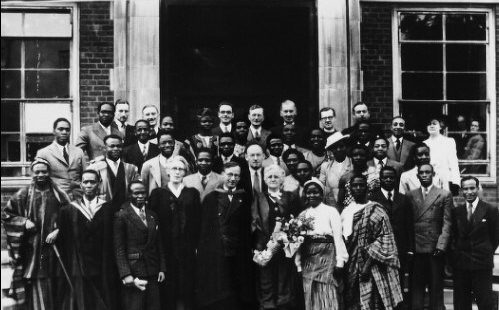Discover Society: Decolonising Politics – Diversity is Democracy
Published 4 December, 2018 By Manjeet Ramgotra “Politics is about who we are. How we communicate, how we fit into our communities and negotiate our shared political life and how we reflect where we come from. Politics is inherently diverse. The beauty of liberal democracy is that it has been capable of expanding its boundaries to include individuals of diverse backgrounds, cultures, gender, race, social class and outlook into public


